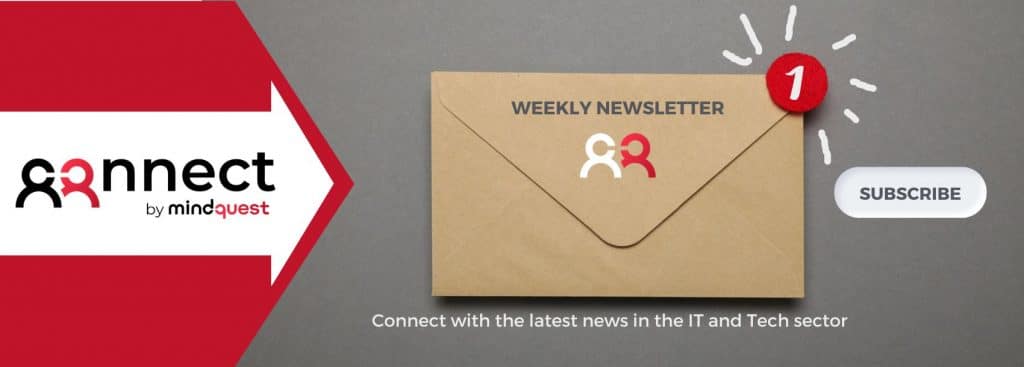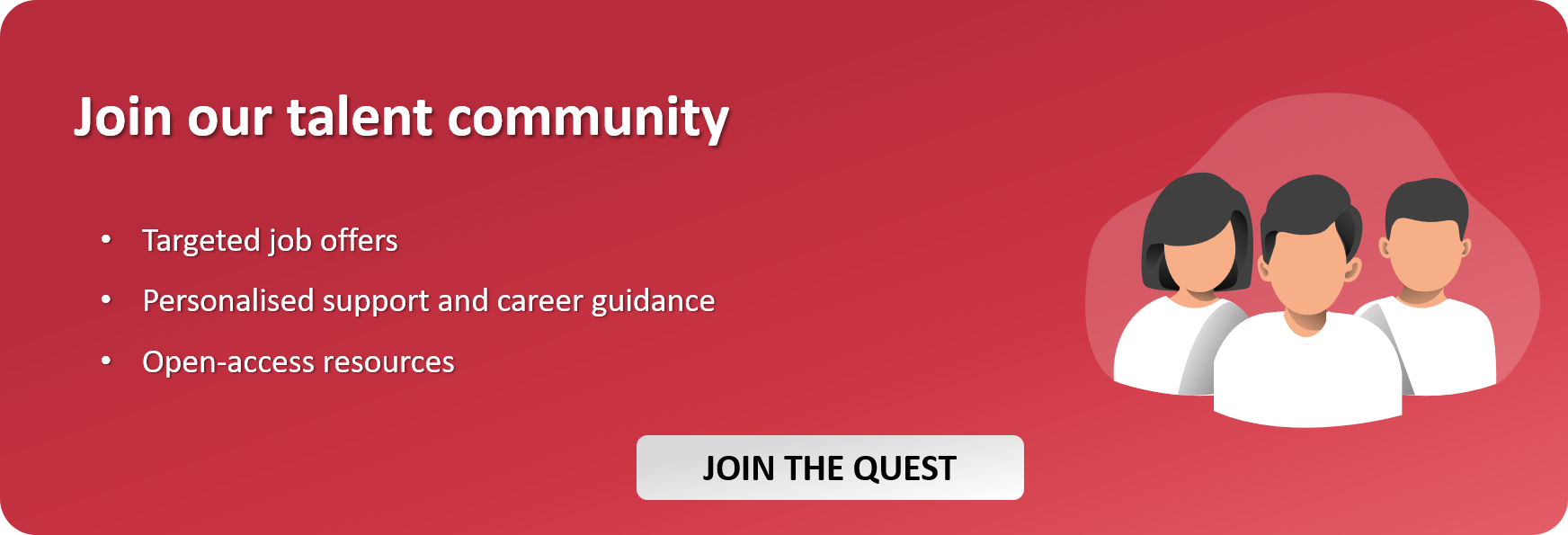An interview with Microsoft Azure MVP Karel De Winter to discuss his trajectory in IT and how to advance your cloud career.
Karel de Winter is a Belgian cloud solutions architect working at Azure Expert managed cloud services provider DexMach. He is passionate about helping others in the cloud community grow and develop their expertise. Whether it is on Twitter, on his blog, or at an industry event, Karel is constantly sharing news and resources that will help you make the most of the power of cloud.
Check out more of our interviews from our podcast episodes.
Interview with Karel De Winter from Azure: How did you get started in technology?
I was about seven when I started to play around with some old computers. The first things you learn are the basic commands like DIR and CD. And, from that moment on, I just wanted to learn more about computers in general and what you could do with them. So, getting into IT was all about doing what I love to do and the things that I was playing around with. The hardware that was given to me by family, by neighbours; I was looking to improve that hardware, making all those things work together.
Then the Internet came and became this living thing. And a lot of things happened from there. I joined some local communities in Belgium and learned about a lot more besides computers. I learned a little bit of programming, I learned to build websites. It was just the beginning of the web, so it was all about playing around, building websites and making music and then putting the music on those websites.
That is how it all started. And now I have around 14 years of experience in IT. I have always worked with Microsoft partners, and every company I worked with had the possibility to try out the Microsoft products, to try new things, to test them, and then implement them together with customers.
Interview with Karel De Winter:What about Azure?
The same thing happened with Azure. The platform is about 10- or 11-years old right now, so I started to play with Azure in the very beginning. I got interested at a local community event. Somebody was showing something from Azure Storage; you could put your files on a storage account or you could run your SQL environments and servers on Azure.
I was curious about all those things and how they worked together. So, I got involved with the Azure community in Belgium and attended several sessions. And I immediately saw the benefit of cloud products. But I must say that, ten years ago, Azure was not the Microsoft Azure platform that we now know. A lot has changed since then. So, it was a lot of exploration and investigating what was possible, always learning new things through the process. That is how, throughout my career, I went from being a systems engineer to making cloud architectures and other related things.
Interview with Karel De Winter from Azure: And what are you up to these days?
My main focus so far has been on Infrastructure-as-a-Service (IaaS). But, since I started working at DexMach as a solutions architect, a lot of things have changed. Now I am focusing more on the Platform-as-a-Service (PaaS) side of things and everything around governance, making sure that we have a good landing zone and keep security in mind. Those are the things I now focus on.
Now I am designing architectures, but also doing a bit of pre-sales. Together with our team, we help to make proposals for customers so that they are having a clear understanding of the cost and architecture of the Azure environment. Aside from that, I’m also a competence lead, which means that I am responsible for all platform related projects and guidelines related to Azure. So, I am looking at, for example; how we can use Azure Stack HCI as a hybrid solution for our customers, or how we can standardize platform-as-a-service in Azure with Azure Functions, Logic Apps or Web Apps. Even Kubernetes comes into play when a customer wants to keep full control. I am making sure that everything is secure, that everyone who works in the team is on the same page (we have standards that we need to implement with every customer).

What is your advice for more junior Azure experts?
My number one piece of advice for junior Azure experts would be that learning is important. It is so important that you have to do it for the rest of your life. Especially because a lot is changing in cloud. It is going very, very quickly. So, if you are not learning day by day, six months later you are behind your competitors. You need to keep on learning and keep doing new things.
If you want to start with Azure, just go with Microsoft Learn. That’s a very good starting point. You have different paths you can follow. So, if you are a junior and you don’t know which area or which track you should go for, this is the way to go. You have the ability to sign up for free and have a complete Azure environment in a sandbox and see what is working for you. You can see if you are doing a lot of development things, or enjoying the web development part, or if you are an infrastructure guy like me. Or are maybe more into VMs, more into Kubernetes and managing all those things, networking, storage, etc. Just have a look at that.
Visit Microsoft Learn / Microsoft Docs
What about official certifications, what would you recommend focusing on?
You can’t learn everything in these times of digital revolution, there is just too much information. But when preparing for an official Microsoft you should start by looking at the PDF that’s on the page of the exam. There you will find the exam skills outline. All the topics covered in the exam are listed with some percentage at the end. And you should aim to learn by that percentage. The skills measured with the highest percentage must be also your highest learning priority and the biggest investment in time. That’s something I always do. My main focus will be on the biggest parts, and then, if I have time to go into a really deep dive, I will look into the other parts.
Learn more with our article: The Most Popular IT Certifications
What’s the best career advice you have been given?
Networking is important because, for example, if you are going for a job interview and they have two people with a very similar resume (same certificates and experience) but the one person knows somebody within the company or knows somebody that knows somebody — you know, they will be picked instead of the other one. I think networking is very important in every job. But not only in it. If you want to work at another place or you want to take a career step, it is very important that you know people and that you do some extra networking as well. Yeah.
Secondly, as you are becoming an expert, you need to share your knowledge and not just keep it to yourself. Sharing your expertise with people in your company or even online is very important because you show that you are doing things. You get on the radar of other people and other people. Create a blog or do a podcast or make a YouTube video. Just explain something simple. Get started sharing something you’ve learned, something you worked on, a project.
And the last thing: try to get involved in as many projects as you can. And don’t be shy to do some complex projects. Mostly you will be working in teams, so you will learn from other team members, from other people. Cloud is still very new, so nobody has 20 or 25 years of experience with it, as it happens with other technologies. Everybody is kind of new to the job. It is by doing that you will learn a lot. Making sure you have complex projects in which to get involved. That has worked very well for me in my career.
What would you do if you were not in IT?
That’s a good question. I think I would have a small company that gave mountain biking lessons because I love mountain biking. I imagine this little village in the mountains, where I would have a little shop full of mountain bikes. And I would give lessons, or give some tours. Yeah, that would be nice.
You can follow Karel on Twitter and LinkedIn.
Also, make sure to check out his blog.
Join our community and find your next job or expert in IT






